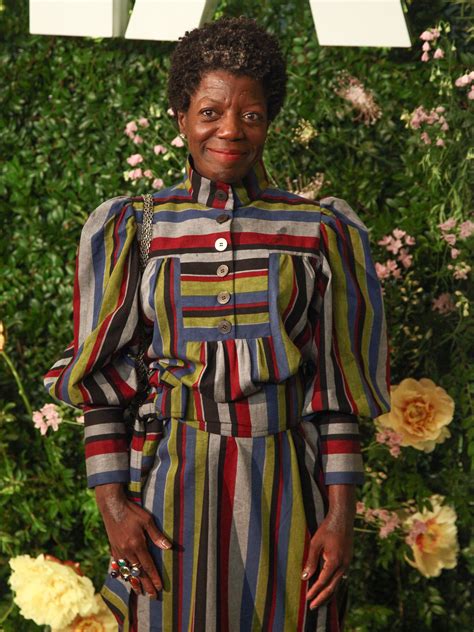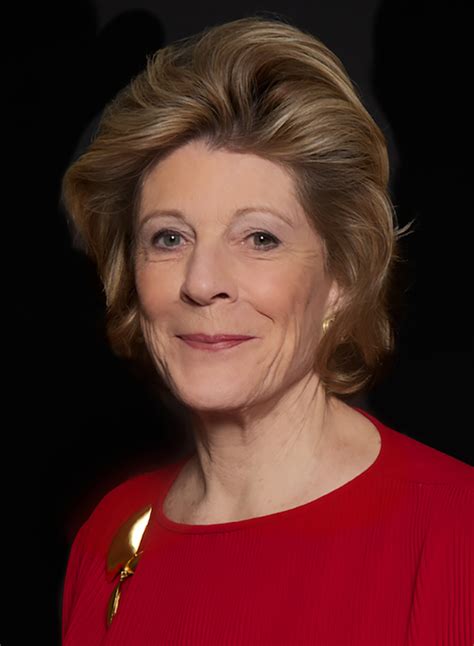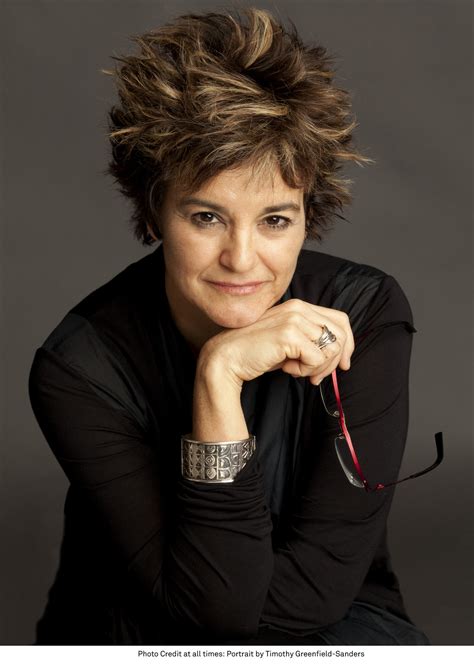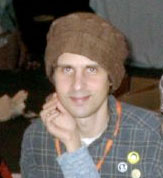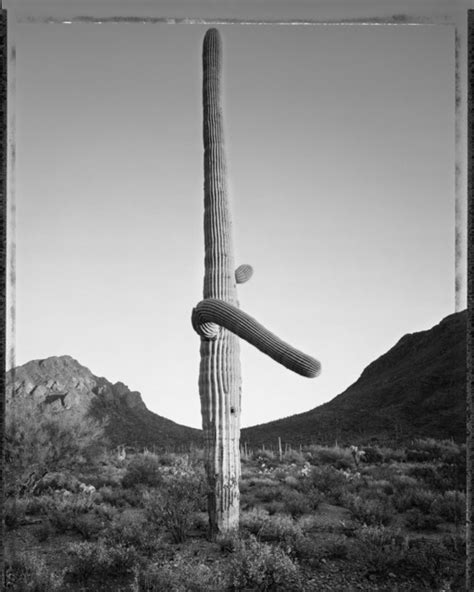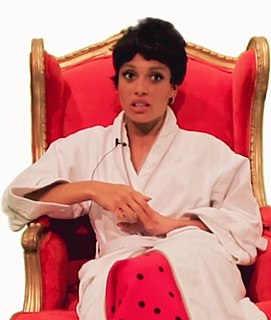A Quote by Thelma Golden
I grew up going to museums. I was privileged to discover art and artists in a very personal way.
Related Quotes
I've watched so many women, from Kathleen Hanna all the way up to Taylor Swift, whether they're pop artists or rock stars or fine artists or writers, it is the subhistory of female artists that if you're going to make art, you're also going to have a full-time job of defending your right to make art.
I personally have never trusted museums. ... It is because museums, broadly speaking, live off of the art and artifacts of others, often art and artifacts that have been obtained by dubious means. But they also manipulate whatever it is they present to the public; hence, until Judy Chicago, in the 1970s ... few women artists were hung in any major museum. Indian artists? Artifacts only, please. Black artists? Something musical, maybe? And so forth.
During the last 35 years, the artists multiplied, the public grew enormously, the economy exploded, and so-called contemporary art became fashionable. All these parameters changed the art world form its previous aspects and fundamentals - the explosion of museums and institutions, explosion of Biennales and Triennials, explosion of money, explosion of interest, explosion of artists, explosion of countries interested in contemporary exhibitions, explosion of the public. Not to see that is to be more than blind.
Fine-art photography is a very small world associated with galleries, museums, and university art programs. It's not like rock music; the products of this world have never been widely seen because the artists are often exploring things that are not already coded in general consciousness. It's not that photographers don't want to be famous, it's just that very few of the views from the edges of culture make the mainstream. Ansel Adams was an exception.
Artists raise their kids differently. We communicate to the point where we probably annoy our children. We have art around the house, we have books, we go to plays, we talk. Our focus is art and painting and dress-up and singing. It's what we love. So I think you can see how artists in some way raise other artists.
